The content of the article
Each owner, once again faced with the problem of bathing a cat or a cat, is asked by one simple question - why are these pets so afraid of water? Indeed, because for humans and most animals, both domestic and wild, water is an absolutely normal temporary living environment. We bathe, we drink - water is vital for our body. But for some reason, cats do not like to swim. Because of this, the process of washing the animal turns into a real test. First, you need at least two people, one of whom will hold the animal and the other to wash. Secondly, the injury risk of the procedure simply rolls over - the cat is trying with all its might to get out of the “trap”, leaving deep scratches on the human skin. Thirdly, a person understands the inevitability of bathing and sees no alternative. Indeed, it is also impossible not to bathe an animal, because sooner or later the wool is still polluted.Why cats are afraid of water, is it possible to deal with this and how to properly bathe an animal, let's try to figure out this article.
Why are koshi afraid of water?
In nature, not all cats are afraid of water. For example, formidable and predatory tigers love water very much and do not refuse to splash in water when possible. Moreover, there is a wild cat-fisher, which has special membranes on its paws - they help it move more quickly and directionally in the water. A spotted animal with a special grace dives to the bottom, moves against the current and perfectly catches even the smallest and fastest fish. But why are domestic cats afraid of water like fire? There are many reasons for this.
- Thermoregulation. First of all, the cat is afraid to freeze or overheat. The air that is in the undercoat forms an air cushion for the animal - it protects the cat from overheating in the summer and hypothermia in the winter. That is why cats can safely tolerate temperature drops. But when we bathe an animal, the pet loses its natural protection, it often freezes. In addition, the feline's body temperature is slightly higher than that of humans. This means that the water, comfortable for our body,may be just plain cold for a cat. That is why after bathing the animal still freezes and shakes until the hair is completely dry.
- Smell. As you know, cats and dogs are very sensitive to strangers and unknown, and therefore potentially dangerous odors. But we, trying to take care of the animal, use special soap solutions and compositions, many of which are overly flavored. For a cat, this is a real catastrophe - the smell is unknown than, and even so intense.
- Danger. In the animal world, a cat is not always a hunter, sometimes you have to hide from a stronger and more aggressive predator. Beware of their lives, the cat will not give out its presence, which is why cats walk quietly and imperceptibly. But the smell of wet wool is like a red flag for the enemy, which is why cats are once again afraid to urinate.
- Pollution. We all know that cats are very clean animals, they wash their tongues. However, in nature, if a cat falls into a pond, it has to clean its fur for a long time, not only from water, but also from bacteria and microbes. As a result, there is a risk of pathogen microorganisms in the stomach of an animal, which is fraught with infection.Zoologists say that intuitively the cat feels dangerous and that is why he refuses dubious bathing.
- Water entering the ears. Every owner should know that getting water into the ears is a terrible mistake that should not be allowed. Otherwise, it is fraught with inflammation and even complete loss of hearing of the pet. For a cat, hearing is of paramount importance; without it, it will not be able to protect itself, will not be able to hunt, etc. That is why the animal carefully protects its sense organ and avoids risks.
- Stress. Summing up, we can say that bathing for a cat is a great stress, real violence against a person, which cats simply do not tolerate. This is so a freedom-loving creature that will not dance to the owner in order to get his approval. And to do something against his will - in general, from a number of fiction. Therefore, coercion cats suffer extremely hard, both physically and morally.
Fear is caused by genetic and innate instincts. Most domestic cats are descended from a steppe cat that did not see water in large quantities. In addition, the kitten remembers that the mother cat did not teach the rules of his behavior in the water, which means that this is an unknown and dangerous element that should be avoided.But is it possible to teach a cat to bathe so that it is not afraid of water?
How to teach your pet to water?
In order for an animal not to be afraid of water, it must be taught to bathing from an early age. At the same time it is necessary to observe many subtleties and nuances.
- So that the baby is not afraid, he needs to gradually show from a very early age what water is and that it is not dangerous. Of course, a newborn baby can not be thrown into a bath filled with water. But the monthly kitten is quite possible to leave in front of a basin filled with 2 cm of water. You can put toys there, but do not omit the pet. Give him the opportunity to wet his paws and understand that the water is not dangerous. From 3-4 months you can bathe a kitten, do it very carefully and safely, taking first a little water, and then increasing the size of the bathing container and the amount of water in it.
- Before half a year, the kitten needs to be redeemed several times, otherwise it will be very difficult to inculcate in it a love for water procedures.
- Be sure to pay attention to the temperature of the water in which you are going to bathe your pet. It should be similar to the body temperature of the animal, approximately 38-39 degrees.Carefully warm up the room in which water treatments will take place. Try not to make a kitten after swimming in a cold room - the baby may get sick.
- Choose for bathing detergents that are odorless, especially pronounced. Often, this is what scares the animal and makes him abandon the procedure.
- Using a hair dryer after bathing is a very controversial issue. On the one hand, the baby should be dried as soon as possible and bring the pet into its original form so that the animal does not catch a cold or get sick. On the other hand, loud noise and hot air can even scare a poor cat. If the air temperature in the room is high enough, the fur can not be dried, but if the cat is shivering from the cold, it is better to use a hair dryer. Try to set the minimum heating temperature and low-intensity air flow, so as not to inflict another psychological trauma on the animal.
- Some breeders recommend using one simple, but incredibly effective way to teach an animal to water. Type in a wide basin or bath some water so that the liquid does not reach the abdomen - it was only at the level of the paws.Put a small live fish into the water and leave the animal alone with its prey. This kind of entertainment will appeal to your cat, she will crawl into the water to catch a fish.
- For cats that absolutely do not recognize the water and are experiencing the strongest stress while bathing, you can recommend dry shampoo. It is made in the form of fine powder to be sprayed onto the surface of the animal's hair. After 5-10 minutes, when the composition completely absorbs dirt and grease from the wool, you need to carefully comb the animal. Use for this comb with rare teeth, which will help you remove dirt, powder residues, dead hair and parasites. Of course, dry shampoo does not replace water procedures completely, but will help to carry out unpleasant bathing less often.
After bathing, be sure to spend some time with the cat so that the animal does not take the procedure as a punishment. Stroke and praise the cat, calm the pet. Be sure to treat your favorite delicacy. The animal will certainly appreciate the reward for their torment.
Fortunately, not all cats are afraid of water, some members of the cat family splash in ponds and bath with great pleasure.If you came across just such a lover of water treatments - you are incredibly lucky!
Video: why cats are afraid of water?

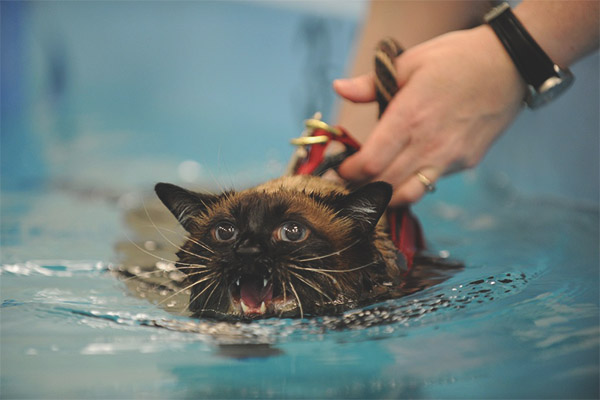
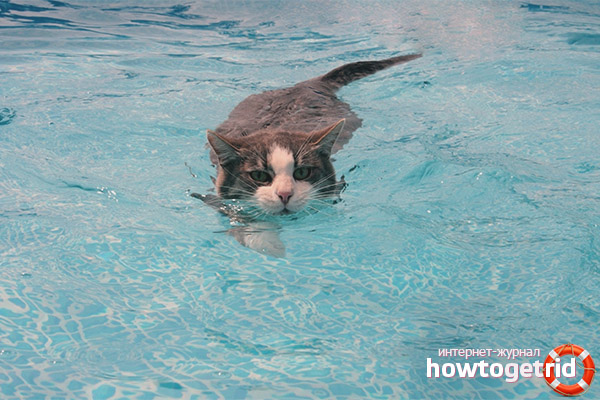

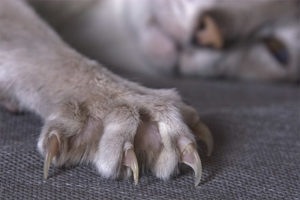
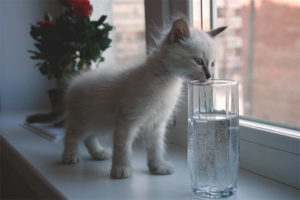


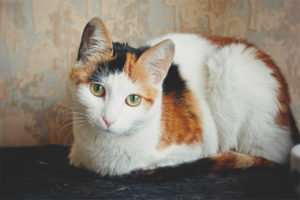
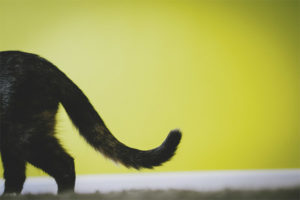


To send